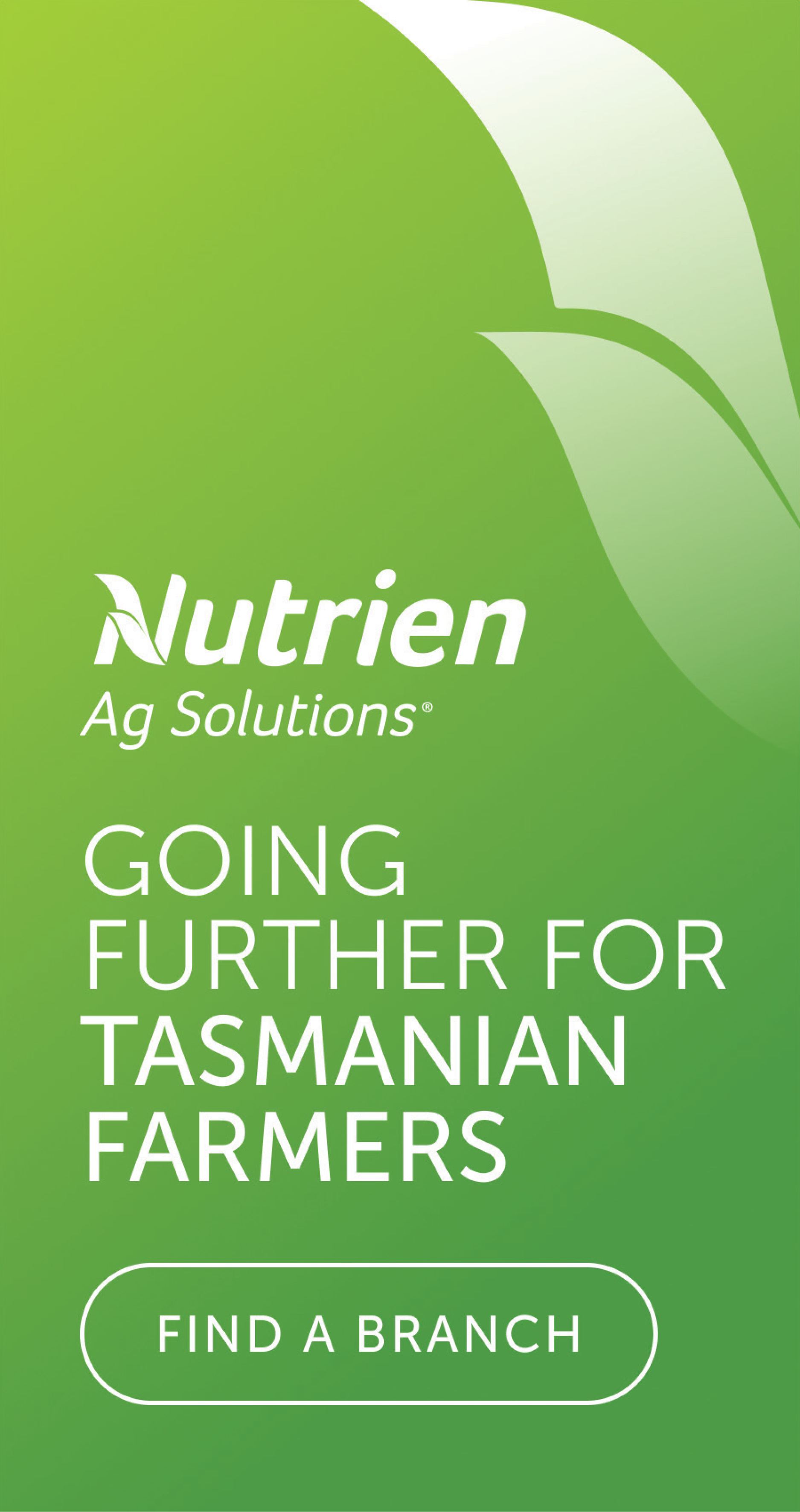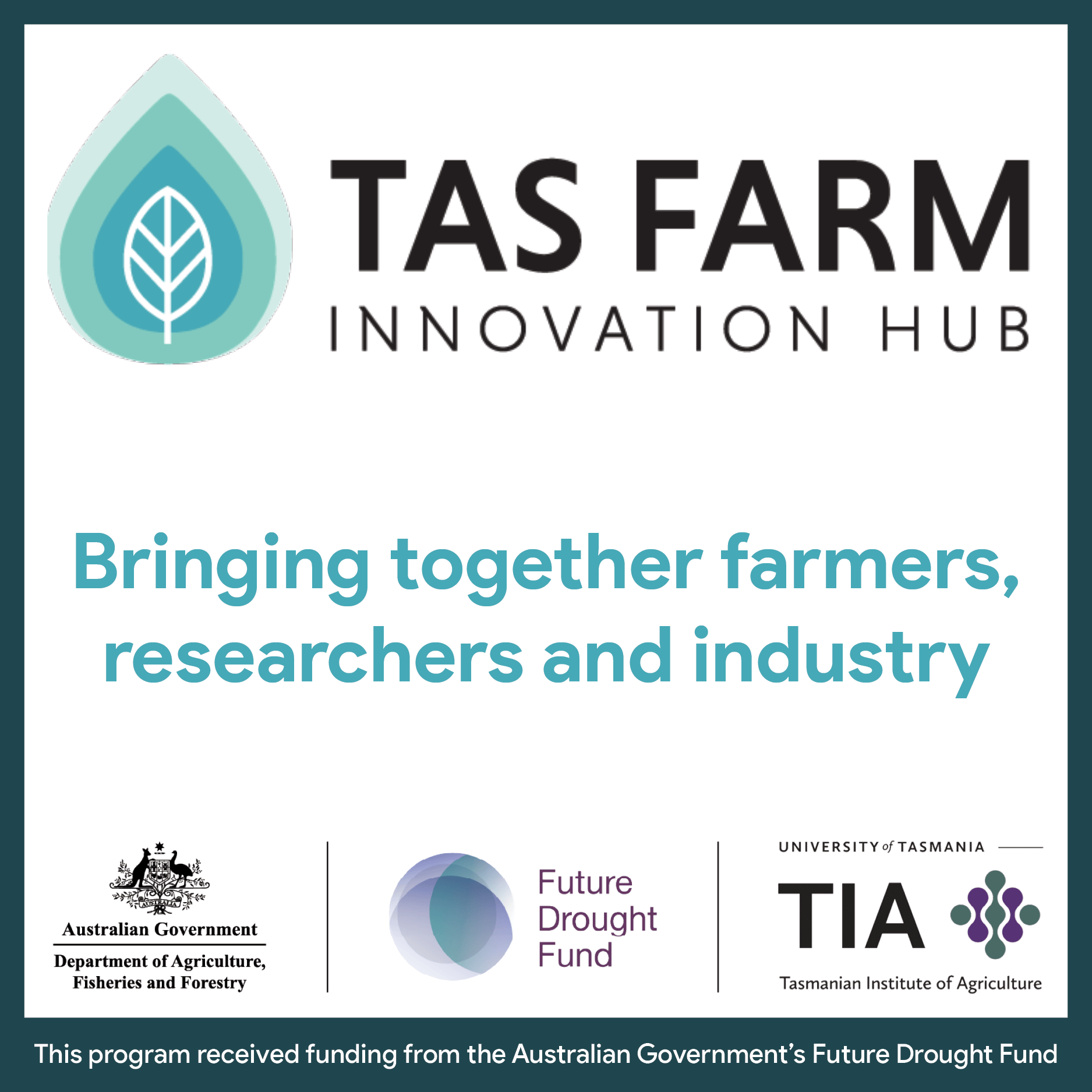Lyndall Lamb: Quality all the way to the plate
QUALITY genetics are what George Shea says is instrumental to a successful red meat business.
Mr Shea is the driving force behind Lyndall Lamb, a recognised premier producer.
For the past 14 years, Mr Shea has built a reputation for producing high-quality lamb, supplying award-winning restaurants such as Peppina and the Agrarian Kitchen, as well as local butchers.
Located on 280ha in Hamilton in the Central Highlands, the operation produces around 1800 lambs annually.
When Mr Shea bought Lyndall Farm in 2010, he worked on restoring the pastures and redesigning fences and laneways so the land could effectively be managed by one person.
With eight years running an Angus stud on King Island, extensive experience in the red meat industry and coming from a family of farmers, starting Lyndall Lamb was a natural fit.
Upon moving to Lyndall farm, Mr Shea ran a rotating cropping program, growing poppies to rejuvenate the pastures and running and feeding cattle for Woolworths.
“That allowed us to create cashflow while we were developing land fertility and building the place up,” he said.
In that time, he brought in some sheep to begin building the lamb business.
With panoramic views of the lush green hills around him, Mr Shea knows the land is a haven for his lambs and takes great care of it to ensure they are happy and healthy with space to roam – important for maintaining their health and the quality of their meat.
The sheep are expertly bred based on eating quality and he says this is why his lamb has a great reputation among restaurants, chefs and families alike.
That Peppina and the Agrarian Kitchen have recently won awards for their food serves as a testament to Lyndall Lamb’s quality.
“As a producer it’s very satisfying when a customer makes a point of telling us they’ve had our lamb and never had lamb like it.
“To know that you’ve produced something and taken it right through and people get a great eating experience, to me that is the best thing about it all.”
Mr Shea takes pride in breeding sheep specifically for optimal eating quality, earning a strong reputation.
“It’s a combination of things, people know that our lamb is produced sustainably, in a clean, green environment and that it’s a high-end eating product.
He says his lamb is not much dearer than in the big supermarkets. “If people have a high-end eating experience consistently, they’re happy to pay a bit more.”
Over the years, Mr Shea has focused on acquiring high-marbling ewes from Lamb Pro on the mainland as marbling is essential for superior meat quality.
His sheep now consistently present excellent marbling, thanks to a breeding program centred on the operation’s very best ewes and rams.
“The sheep are very maternal, quick growing, and predominately have twins so we consistently lamb at 150 per cent.” Mr Shea believes in the importance of investing in genetics for long-term benefits.
“If you’ve got good genetics, raise your animals sustainably, and feed and process them properly you will consistently have a high-end eating experience and that’s what we’re focused on.”
Mr Shea is also watching with much interest as his current breed of sheep (Lamb Pro Primeline Maternal) are developing a shedding breed, which could potentially enhance productivity while reducing labour and shearing costs.
While Mr Shea is cautious about transitioning to shedding rams due to current carcass data not meeting high-end restaurant standards, he is hopeful that within the next three to five years, he’ll be able to make that shift.
“If I can achieve that before I’m done that would be fantastic.”
Lyndall Lamb supplies lamb to restaurants year round, meaning the lambing period runs across 12 weeks instead of the typical four to five weeks.
“The biggest part of farming is you’ve got to be enjoying what you’re doing, otherwise it’s tough.
“Most of the time farming is a way of life, it’s not a big moneymaking venture, so you have to really love what you’re doing.”
This year’s severe weather has affected Mr Shea more than usual.
He would usually run around 150 cattle as well as lambs but after selling up a few years ago he hasn’t been able to replace them due to dry autumns.
“We haven’t had rain in the autumn for the last four years and there’s nothing to say that this year will be any different.” “I’m really conscious of how fickle the weather has become, we go through periods of dry followed by a big burst of rain and you think things are good, and then bang, back into this dry cycle again.”
Mr Shea says regardless of the weather the farm can always maintain and feed the livestock.
“We don’t like to go into winter with less than 300 bales of silage, we know that is the amount that will get our sheep through.”
All lambs from Lyndall Lamb are processed locally at Gretna.
Mr Shea says restaurants now take a range of different cuts, utilising around 80 per cent of the lamb so waste is reduced.
As consumer trends shift, more people are buying high-quality meat for home cooking rather than dining out.
He has also heard from butchers of customers now spending significantly less on meat.
Mr Shea says the success of the business is about being sustainable, green, prioritising good genetics and caring for his animals.
He hopes to expand his operation by adding more land and another 1000 ewes into the operation, which would mean he could employ his workman full time.




Add new comment